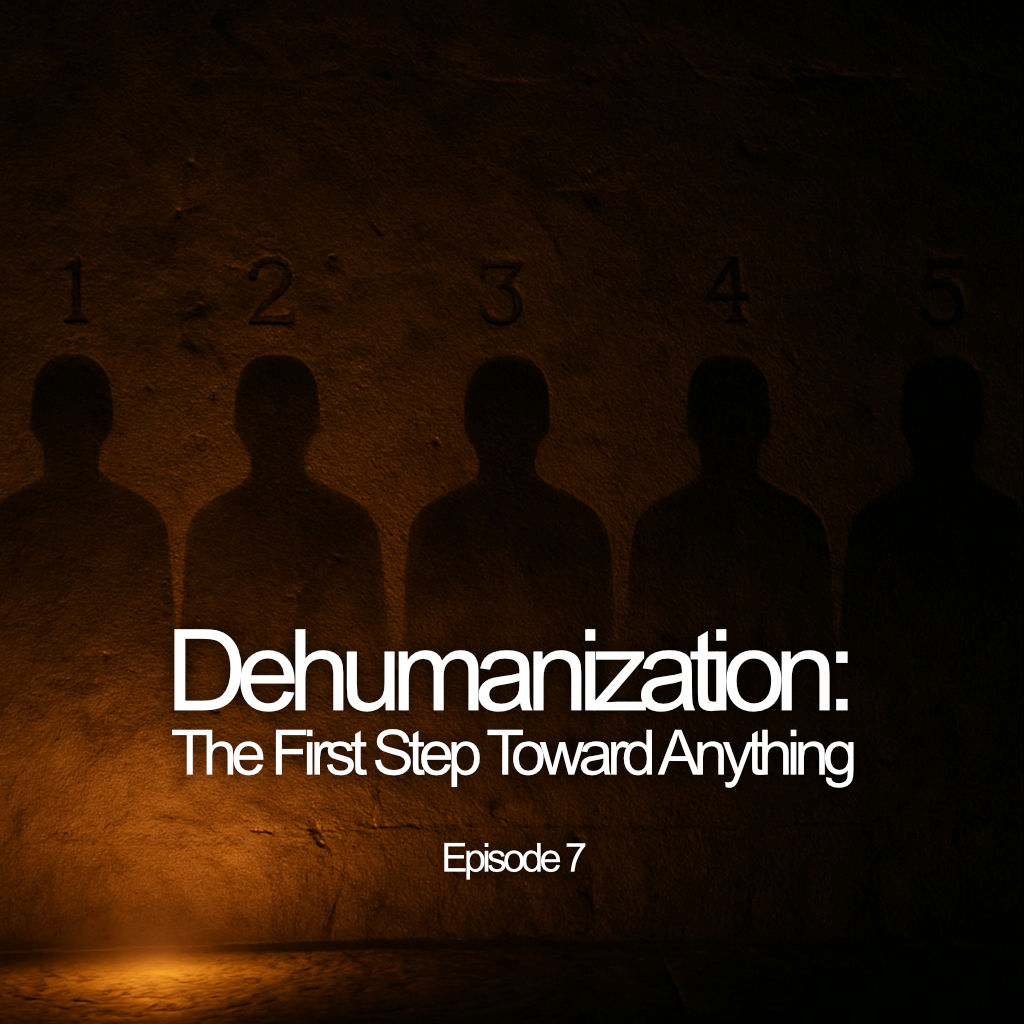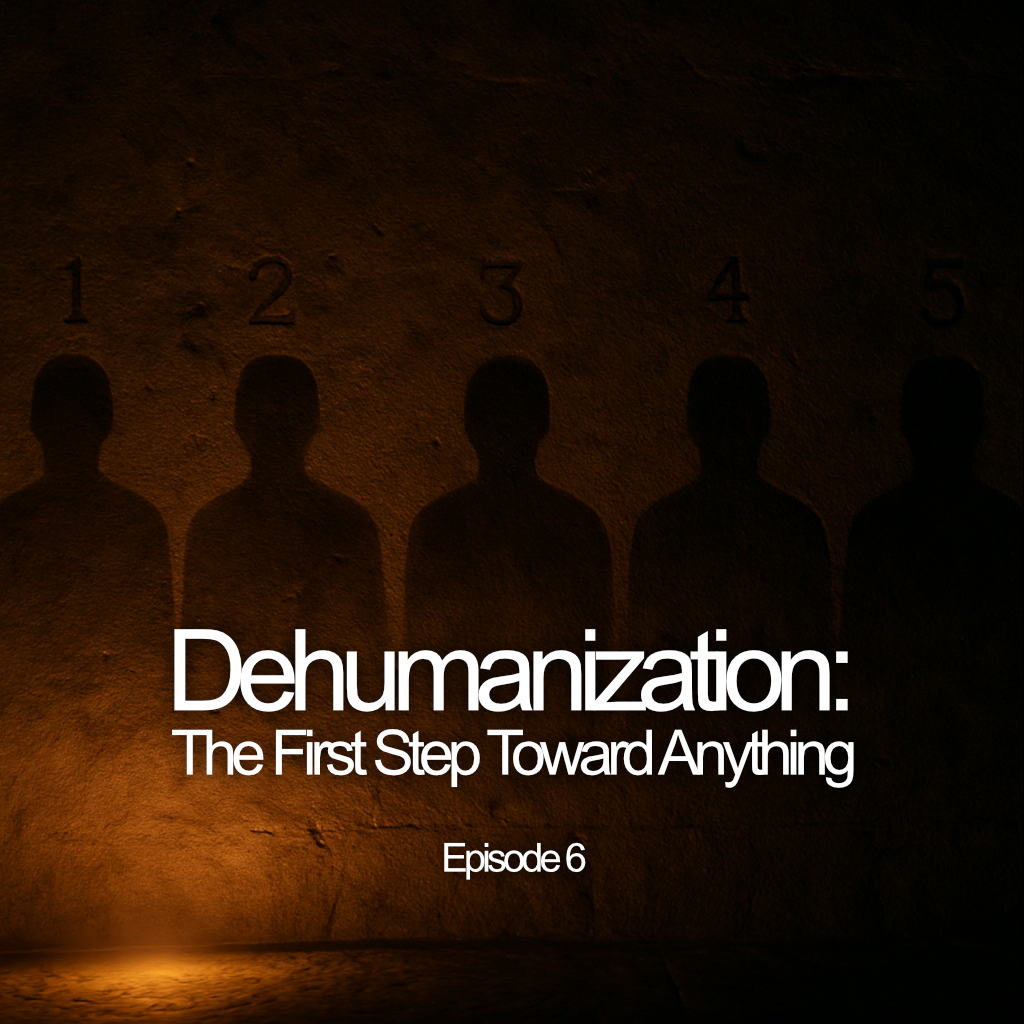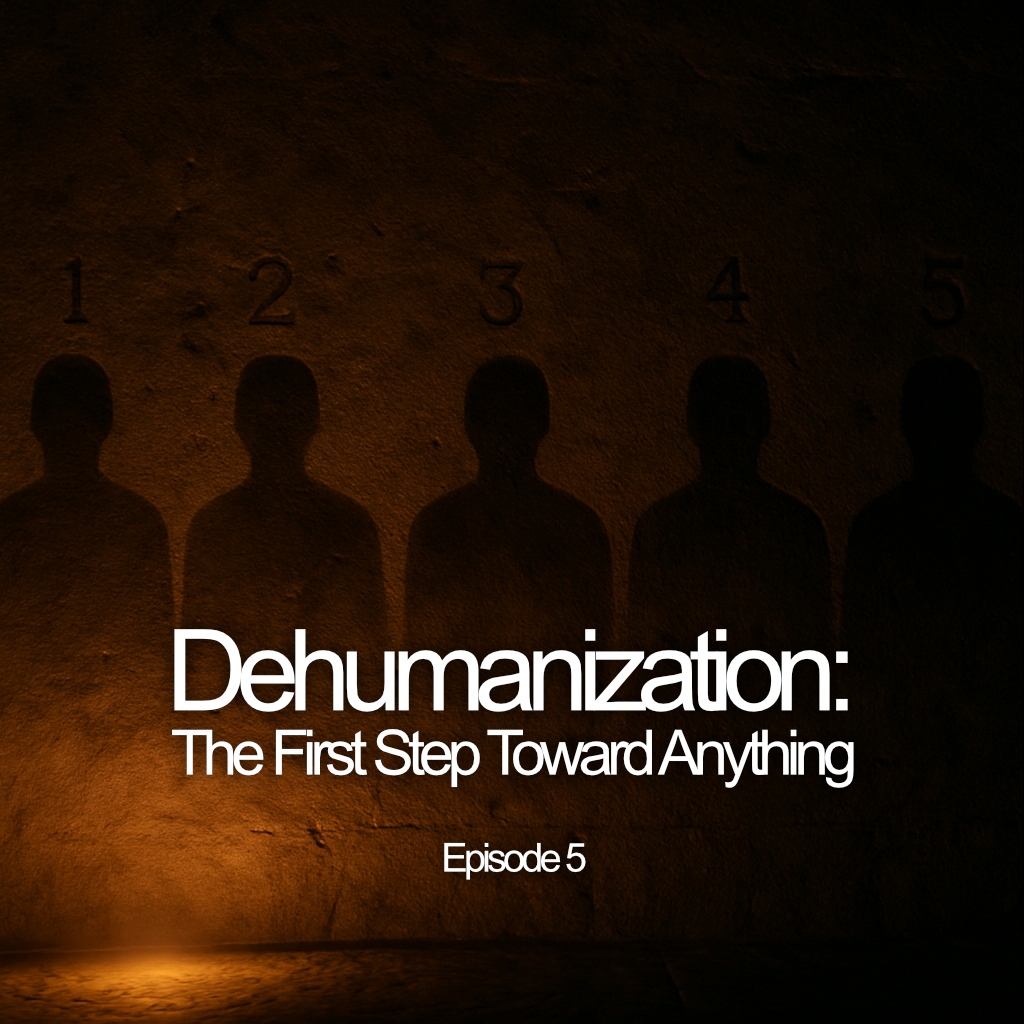It rarely begins with doctrine.
No one wakes up one day and decides to adopt an extreme worldview in full. It begins much earlier; with a laugh. A meme. A short video clip that lands just right. It disarms. It entertains. It sticks.
But what happens when that joke doesn’t stay a joke?
This is the deeper undercurrent of modern radicalization: not the political manifestos or televised rage, but the slow, invisible conversion of emotion into belief. In this continuation of “When a Meme Is More Than a Joke,” we explore the emotional infrastructure that underlies online extremism; the blueprint behind how belonging, anger, irony, and attention combine to shape identity.
Because behind every meme that becomes a movement, there’s a feeling that was waiting to be named.
Humor as the Trojan Horse
Memes operate like cultural enzymes; they break down complexity into digestible units. They’re shared, remixed, and passed along in the name of humor. But that’s also what makes them so effective as vessels for belief.
A meme that mocks a marginalized group might be dismissed as “just a joke,” but its repetition erodes empathy. A clip that ridicules government, feminism, or media institutions might seem like harmless satire, but it starts to build a narrative; a recurring villain, a recurring victim, a recurring “truth” framed through sarcasm.
Humor lowers the guard. And in the lowered state, ideas slip in, not as fact, but as familiarity. And what’s familiar, over time, starts to feel true.
The Role of Loneliness and Longing
It’s easy to think of radicalization as a process of persuasion. But in many cases, it’s a process of relief. A meme that “gets you”, that speaks your frustration, names your alienation, offers an enemy; provides emotional resonance.
It says, “You’re not the only one.”
For the lonely, this is gold. For the disillusioned, it’s gravity. What begins as digital entertainment becomes emotional validation. The algorithm, sensing the engagement, doubles down. And soon, the feed becomes a curated echo of one’s pain; reframed as someone else’s fault.
This is how ideology is formed not from textbooks, but from shared emotional cues.
Irony as Armor
The genius of meme-driven radicalization is that it always stays one step removed. There’s deniability. “It’s satire.” “It’s ironic.” “You’re taking it too seriously.”
This ambiguity protects the speaker, and more importantly, invites the audience to participate without full accountability.
You don’t have to believe it. You just have to share it.
You don’t have to endorse the worldview. You just have to laugh.
But over time, repeated exposure to irony, especially when aimed at the same groups, values, or institutions, softens moral resistance. You begin to develop tolerance for the language. Then agreement with the framing. Then belief in the logic.
And by the time the irony is dropped, the conversion is already complete.
From Language to Dehumanization
Extremism never begins with violence. It begins with language. With jokes that flatten identities. With words that categorize humans as archetypes; weak men, gold-digging women, corrupt elites, dumb sheep.
This linguistic shorthand becomes a primer for dehumanization. Once someone is no longer seen as fully human, they become easier to mock, ignore, exclude, or even attack, if only online at first.
Digital platforms reward the bite, not the nuance. A thoughtful post won’t go viral, but a sarcastic takedown might. In this environment, it’s not just safe to dehumanize; it’s incentivized.
And the more we participate, even passively, the more we normalize it.
Belonging and the Brotherhood Effect
What makes a meme-based ideology so sticky is not its content; it’s its community.
Online radical spaces offer what mainstream culture often doesn’t: clarity, direction, hierarchy, and belonging. They provide codes, language, in-jokes, and identity. When you laugh at the same memes and mock the same enemies, you’re “in.” You belong.
The feeling of brotherhood, of being seen, heard, understood, often outweighs any intellectual concern. People don’t just adopt the ideology. They adopt the group that believes it. And the cost of leaving is not just changing your mind. It’s losing your people.
This emotional blackmail is rarely discussed, but it’s central to why many stay, even when they know something feels off.
The Algorithmic Mirror
Let’s not forget the role of the machine.
The algorithm doesn’t care about ethics. It cares about attention. And attention gravitates toward anger, spectacle, fear, and novelty, all of which extremism offers in abundance.
Your clicks, pauses, and shares shape your feed. But over time, your feed also shapes you.
In this way, radicalization is not a one-time event. It’s a series of micro-decisions, amplified and repeated by an invisible system that rewards polarization. You don’t fall down a rabbit hole. You slide, smoothly, gradually, with content that feels tailor-made for your emotional state.
And it is.
Conclusion: How Do We Begin to Interrupt the Spiral?
This article doesn’t offer a single solution. Because the problem isn’t singular. It’s cultural, emotional, systemic.
But we can begin by noticing what moves us. By becoming literate in the ways emotion is used as architecture. By asking harder questions when something feels too easy to agree with.
And perhaps most importantly, by remembering that what we consume shapes what we believe; slowly, invisibly, but undeniably.
Because when the joke becomes the belief, it’s no longer funny.
It’s doctrine.
And once we see the blueprint, we can start to build something better.



